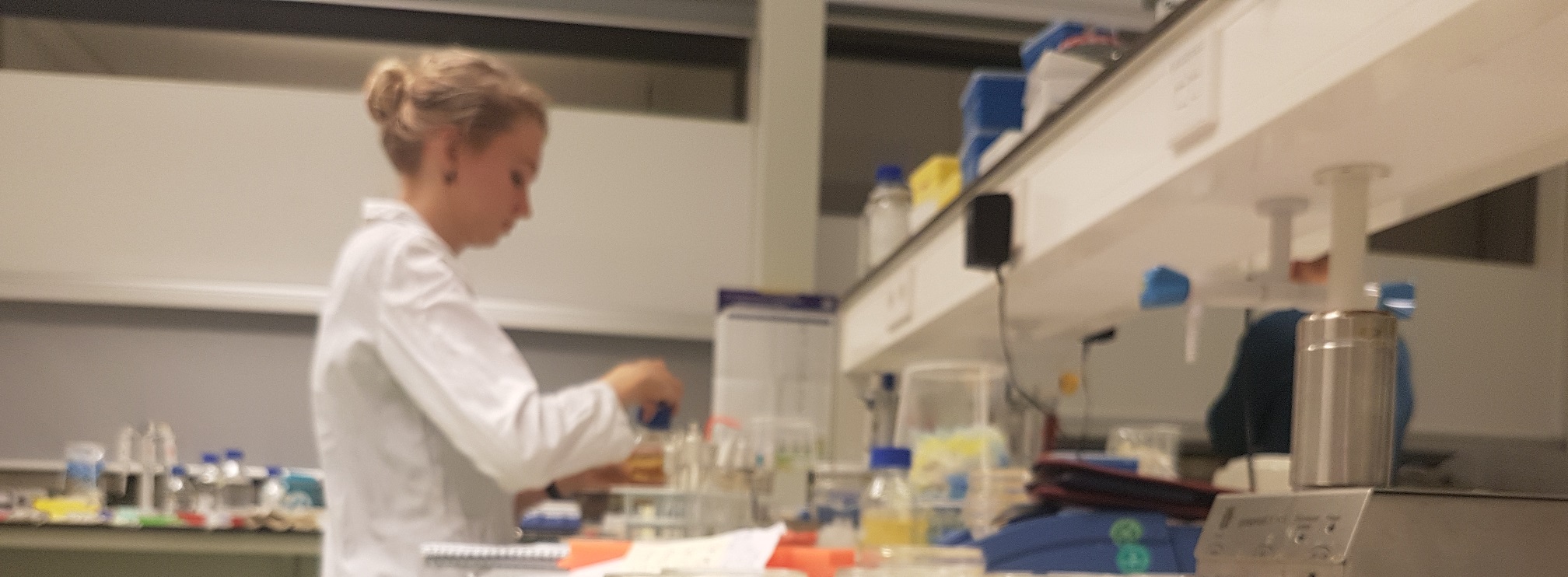Silver Human Practices
14 april
At the beginning of our iGEM adventure we were invited by the Rathenau Institute, an institute which promotes safe and ethical research, to visit their introduction to the iGEMmers Guide To The Future. Along with an explanation what that is, we had speed dates with Human Practices experts from the Rathenau and RIVM (government institute for health and environment). Before this event we decided to make a DNA detector, but were not yet sure in what way. We had several option, but after the talks with experts we decided to focus on one specific project; a bacteriophages detection system for the dairy industry. We used the iGEMmers guide during the beginning or our project to explore our human practices options and had skype conversation with Zoe Robaey. She guided us where to start with human practices, which was very useful.
14 april
Cathalijne van Beekvelt works for the ILT. This is the Dutch Inspection of Living environment and Transport. We contacted her because we wanted more information about the regulations that would limit us in bringing our product on the market. She gave us the contact information of Rob Duba, because he knows more about the policies regarding GMOs.
Multiple times we had a talk with Jaco Westra from the RIVM. The RIVM is the National Institute for Health and Environment. The RIVM provides funding and therefore we were committed to do their assignment where we took safety as the most important aspect of our project. The title of this assignment is ‘Thinking before doing’. Think about the safety of your product, before you start developing it. We decided to present all of the safety aspects, we believe to be important, in a card game. Jaco was our contact person during this safety assignment. He gave great tips on how to handle legislation. He also gave us some help with who we could contact for more information.
11 juli
Previously to the meeting with prof. Martin Goedhart end dr. Maaike de Heij we have tried to contact multiple dairy factories and farmers, but all with no success. The fact that we are using a GMO for our project was probably one of the main factors why this was so difficult. Professor Martin Goedhart and dr. Maaike de Heij gave us great tips about how we should contact companies with our GMO product. After we implemented their advice we gained contact way easier. One of the researchers at a big dairy company was even surprised we were allowed to visit one of their factories!
“
- If our product would lead to less milk spoilage, would that mean farmers can sell less milk?
During the beginning of our project we asked this question to ourselves. We want our product to be good for everyone. We asked this question to two big dairy companies and one small farmer. Everyone was quite clear about this; no! Especially at the factory they told us that the more cheese they can make, the better. If they lose less product, that does not mean they will but less milk.
“










